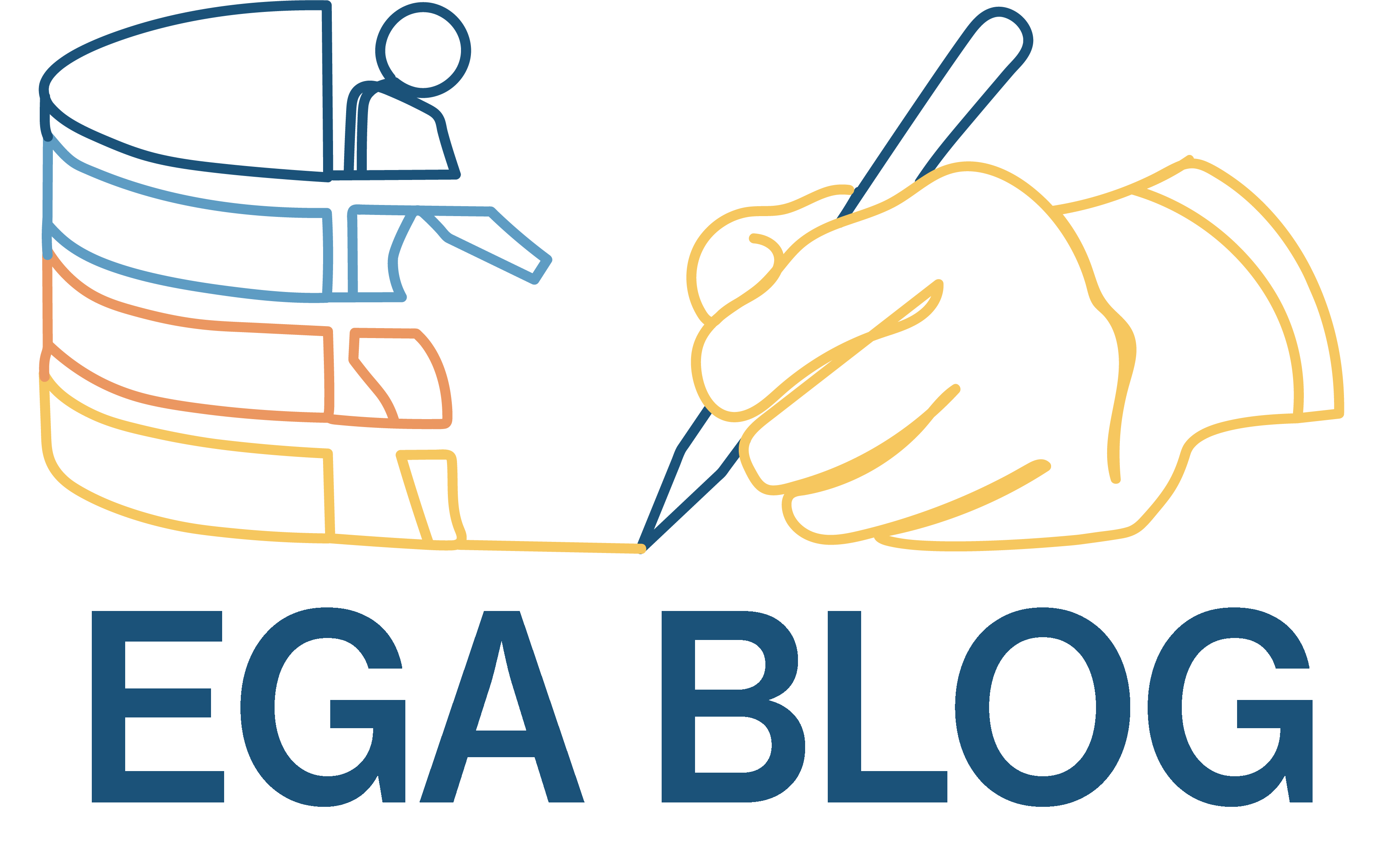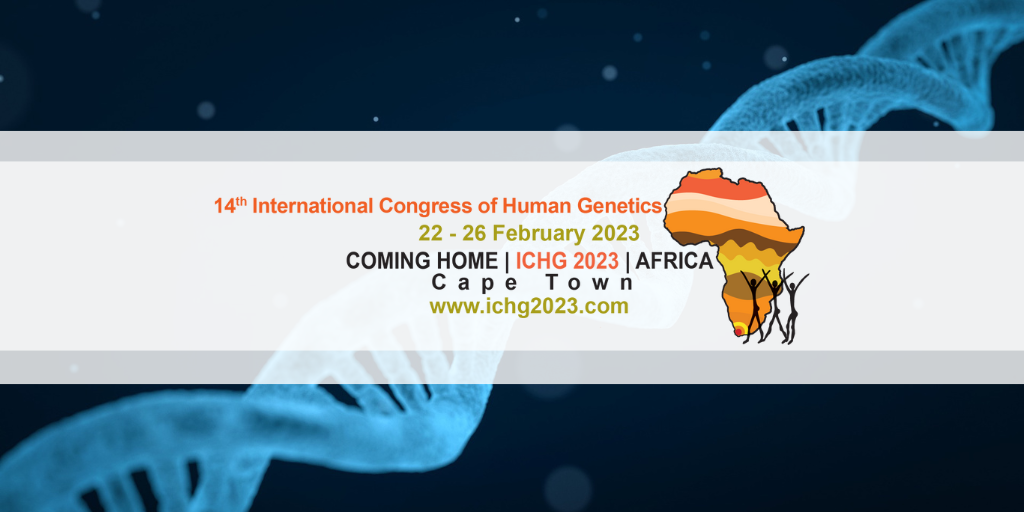Today is the start of the International Congress of Human Genetics (ICHG). This event, hosted by the African Society of Human Genetics (AfSHG) and the Southern African Society for Human Genetics (SASHG), will reunite international experts to highlight how genomic technologies are being managed to address challenges generated by the current status of Human Health and Genomics.
The European Genome-phenome Archive (EGA) will be at the Congress participating in workshops, meetings and talks where topics such as data access and discovery as well as the Federated EGA will be present.
Data access and discovery
In the context of the “Federated data analysis workshop“ that will be held the 26ᵗʰ, managed in the context of the CINECA project, a hands-on-session on Beacon v2 Discovery will be led by Mauricio Moldes. Another session on authorisation and data access will be presented by Mallory Freeberg and Coline Thomas, with and introduction by Thomas Keane. During the workshop, an end-to-end federated data analysis use case will be presented.
Data access and discovery
In the context of the “ Federated data analysis workshop“ that will be held the 26ᵗʰ, managed in the context of the CINECA project, a hands-on-session on Beacon v2 Discovery will be led by Mauricio Moldes. Another session on authorisation and data access will be presented by Mallory Freeberg and Coline Thomas, with and introduction by Thomas Keane. During the workshop, an end-to-end federated data analysis use case will be presented.
During the last four years, CINECA has been identifying gaps in data sharing between Africa, Canada and Europe in order to build a federated solution for data access. Thomas Keane will present the project within the sessions happening the 24ᵗʰ.
The Federated EGA at the ICHG
A Federated EGA poster will be shown during the Poster Session 1 that will take place the 23ʳᵈ. The objective is to bring awareness of the European Genome-phenome Archive as a resource for permanent archive and secure data sharing. In this context, the network generated by the Federated EGA is key for cases where research data cannot be shared outside local jurisdictions.
The Federated EGA was officially launched on 2022 with research institutes from five countries becoming the first nodes of this network. Nowadays, with more than 20 nodes preparing to join, it aims to become the largest human omics data sharing initiative towards understanding human health and disease.
The H3Africa Initiative and the African research represented in the EGA
1.1% of the EGA studies include samples from African populations. Countries such as South Africa, Kenya, Uganda or Egypt, among others, are present in the 72.577 samples from African individuals archived at the EGA.
23 EGA datasets are managed by the Human Heredity and Health in Africa Initiative (H3Africa). This Initiative will celebrate its Consortium Meeting the 27ᵗʰ and 28ᵗʰ, back-to-back with the ICHG. H3ABioNet, the Pan African Bioinformatics Network for the H3Africa consortium, will also take this context to celebrate its 10-Year Symposium during the Congress. Members of the EGA team will attend both of them, as the H3ABioNet works in conjunction with H3Africa projects, to submit data to the European Genome-Phenome Archive.




